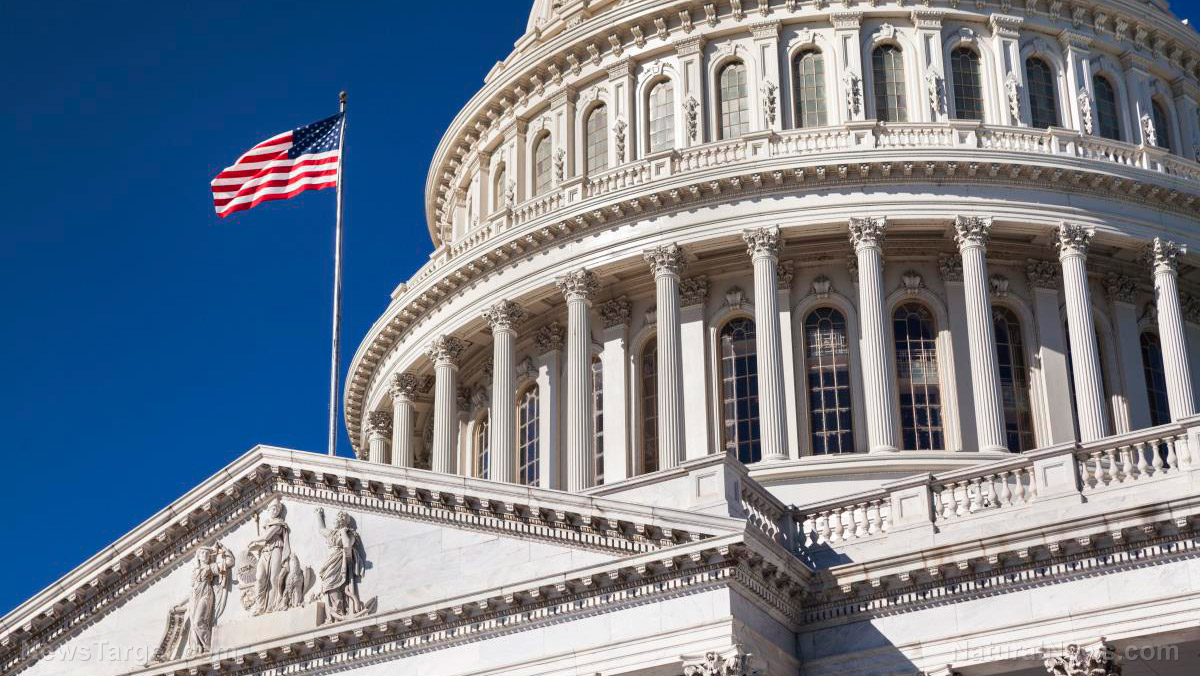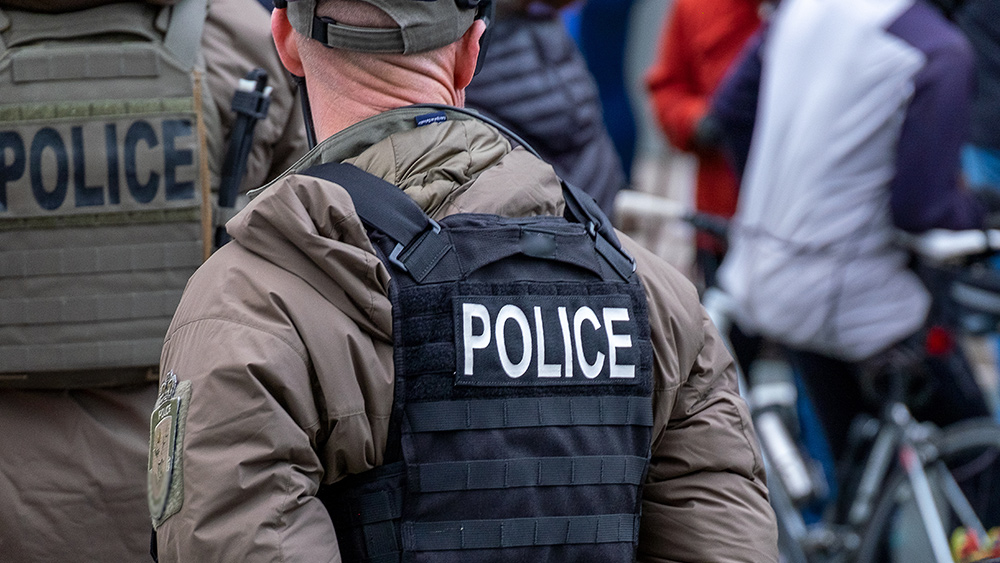NSA goes to war with FBI over illegal spying on Americans
06/24/2021 / By Lance D Johnson

The National Security Agency (NSA) is going to war with the Federal Bureau of Investigations (FBI) over the Fourth Amendment and the warrant-less surveillance of Americans. In a recent letter, the NSA agreed to disclose a trove of FBI records. These records prove that the FBI conducted an illegal spying operation that violated the privacy of 16,000 Americans.
This issue underscores the importance of the Fourth Amendment and the dangers of mass surveillance programs being initiated under the Foreign Intelligence Surveillance Act (FISA). The two biggest violators of the Fourth Amendment are seeing the abuses play out in real time. Some of the agents in the NSA are fighting to preserve American’s rights, as the issue of warrant-less surveillance takes center focus.
FBI violates FISA rules, illegally surveils thousands of Americans
The Transparency Project, a Texas nonprofit, filed a Freedom of Information Act (FOIA) request through their attorney, Ty Clevenger. The FOIA request sought classified information about the FBI’s illegal tactics and search inquiries into intelligence databases. After acquiring the information, U.S. District Judge James Boasberg determined that the FBI violated the government’s rules for using foreign intelligence information. The FBI pleaded in court that the 16,000 searches “were reasonably likely to return foreign intelligence information or evidence of a crime.” The judge found the FBI’s position “unsupportable.” He ruled that the FBI was justified in just seven of their searches, but the remaining 15,993 searches violated the rules set forth by the federal government.
However, in the end, Judge Boasberg allowed the illicit data collection schemes to continue, under Section 702 of the Foreign Intelligence Surveillance Act (FISA).
The fight to protect Americans’ rights continues within the intelligence agencies
Carter Page, a campaign associate of then-candidate Donald Trump, was one of the Americans who was illegally surveilled by the FBI during that time. During the Carter Page investigation, the the FBI’s FISA applications were riddled with errors and omissions. In fact, the Inspector General found seventeen “significant errors” in the FISA applications that were used to spy on the Trump campaign.
Elizabeth Goitein, co-director of the Liberty and National Security Program at the Brennan Center for Justice, lambasted the court’s decision to protect the FBI’s data collection program using Section 702 of FISA. The court’s decision “is even more inexplicable given that the opinion was issued shortly after the government reported submitting FISA applications riddled with errors and omissions in the Carter Page investigation,” she said.
After the issue was made public, attorney Ty Clevenger began to work strategically to expose these illicit FBI surveillance programs. When he filed the FOIA with the FBI and the NSA, both agencies immediately rejected his request. The FBI said the request “does not contain enough descriptive information to permit a search of our records.” The FBI wrote, “Therefore your request is being administratively closed.”
The NSA, on the other hand, accepted the appeal. NSA official Linda Kiyosaki reached out to Ty Clevenger and granted his appeal. “You had requested all documents, records, and other tangible evidence reflecting the improper surveillance of 16,000 individuals described in a 6 December, 2019, FISC Opinion.”
“Your request has been returned to the FOIA Office to process your request,” she wrote.
For years, the NSA has tried to limit the FBI’s access to confidential data. Back in 2016, Mike Rogers fought to deny the FBI access to NSA databases. The FBI has repeatedly abused the rules for accessing intelligence databases and has intercepted data in a way that violates privacy laws. This appeal will lay bare the FBI’s most recent surveillance program which violates the US Constitution.
Read PrivacyWatch.News for more on government surveillance and privacy rights.
Sources include:
LawFlog.com [PDF]
LawFlog.com [PDF]
Tagged Under: American rights, Big Brother, Bill of Rights, Constitution, data collection, FBI, fisa, foia, Fourth Amendment, integrity, national security, NSA, police state, privacy, privacy watch, spying, spying operation, surveillance, surveillance state
RECENT NEWS & ARTICLES
COPYRIGHT © 2017 POLICE STATE NEWS





















